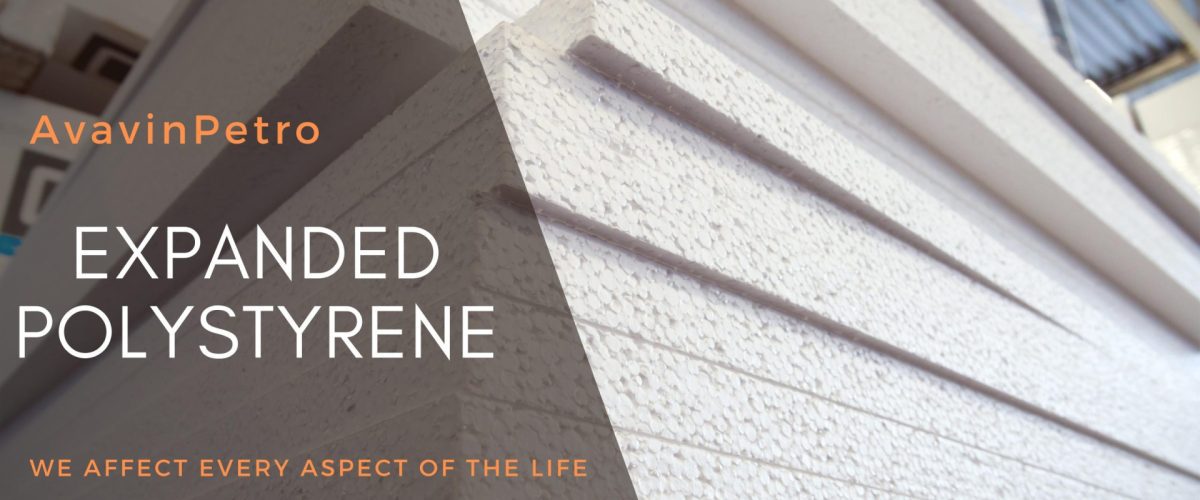The Characteristics of EPS
EPS does not contain any toxic substances and does not react in normal atmospheric conditions.
It does not contain Chlorofluorocarbons (CFC’s), Hydrochlorofluorocarbons (HCFC’s), or formaldehyde. Its use is not harmful to the environment according to Kyoto or Montreal protocols.
EPS is not a food source for bacteria or fungi.
The product consists of 98-99% air and 1-2% solid matter. Compared to similar products, less energy, and natural resources are consumed during the production of EPS.
Depending on the thickness and density used, an EPS insulated building can save 40 to 80 % of the heating and cooling costs.
EPS can be used in food packaging, in bee hives, and in the production of containers to cultivate small organisms.
EPS can be mixed into the plant soil to ease it without harming microorganisms.
In an average city, EPS contributes less than 0.1% of the total solid waste in mass.
In city dumps, EPS facilitates the aeration and the decomposition of organic waste.

